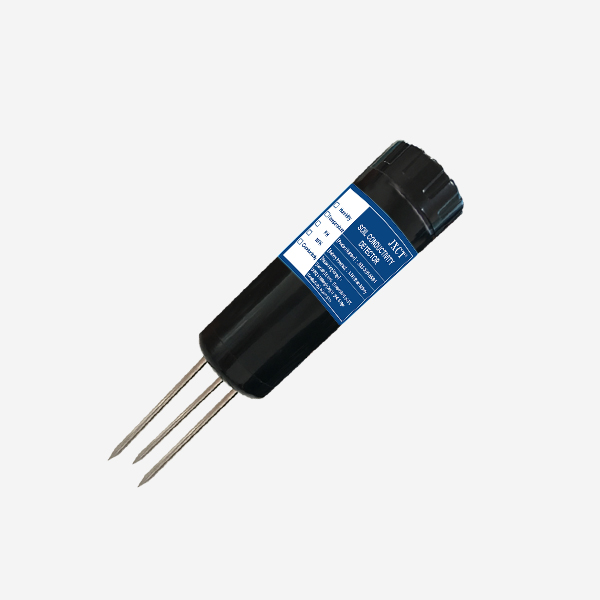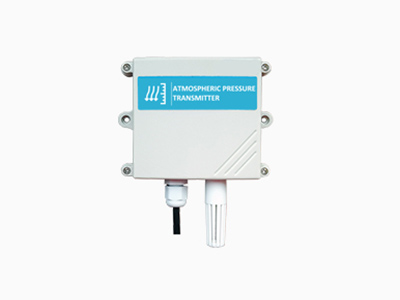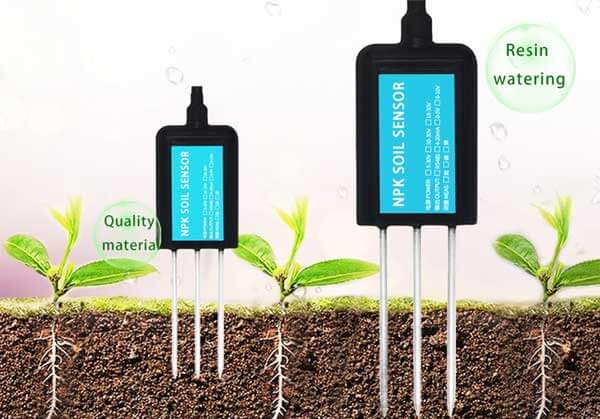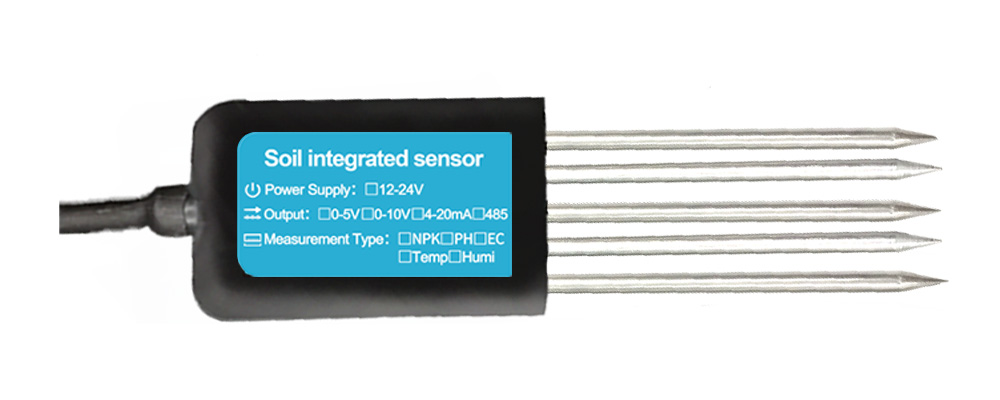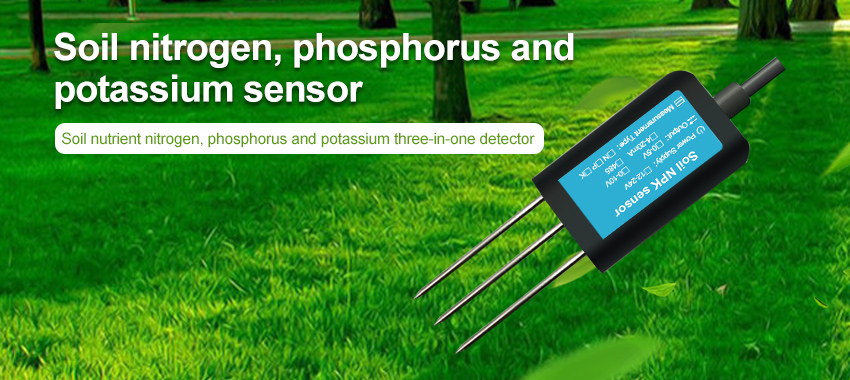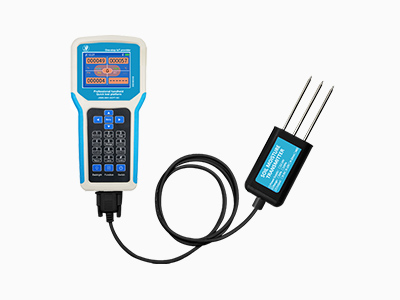Beneath the Surface: Advancements in Soil Sensor Applications for Sustainable Agriculture
soil sensors have emerged as essential tools for monitoring and managing soil health, optimizing resource use, and promoting sustainable agricultural practices. This article explores the advancements in soil sensor technology and their applications in sustainable agriculture,
